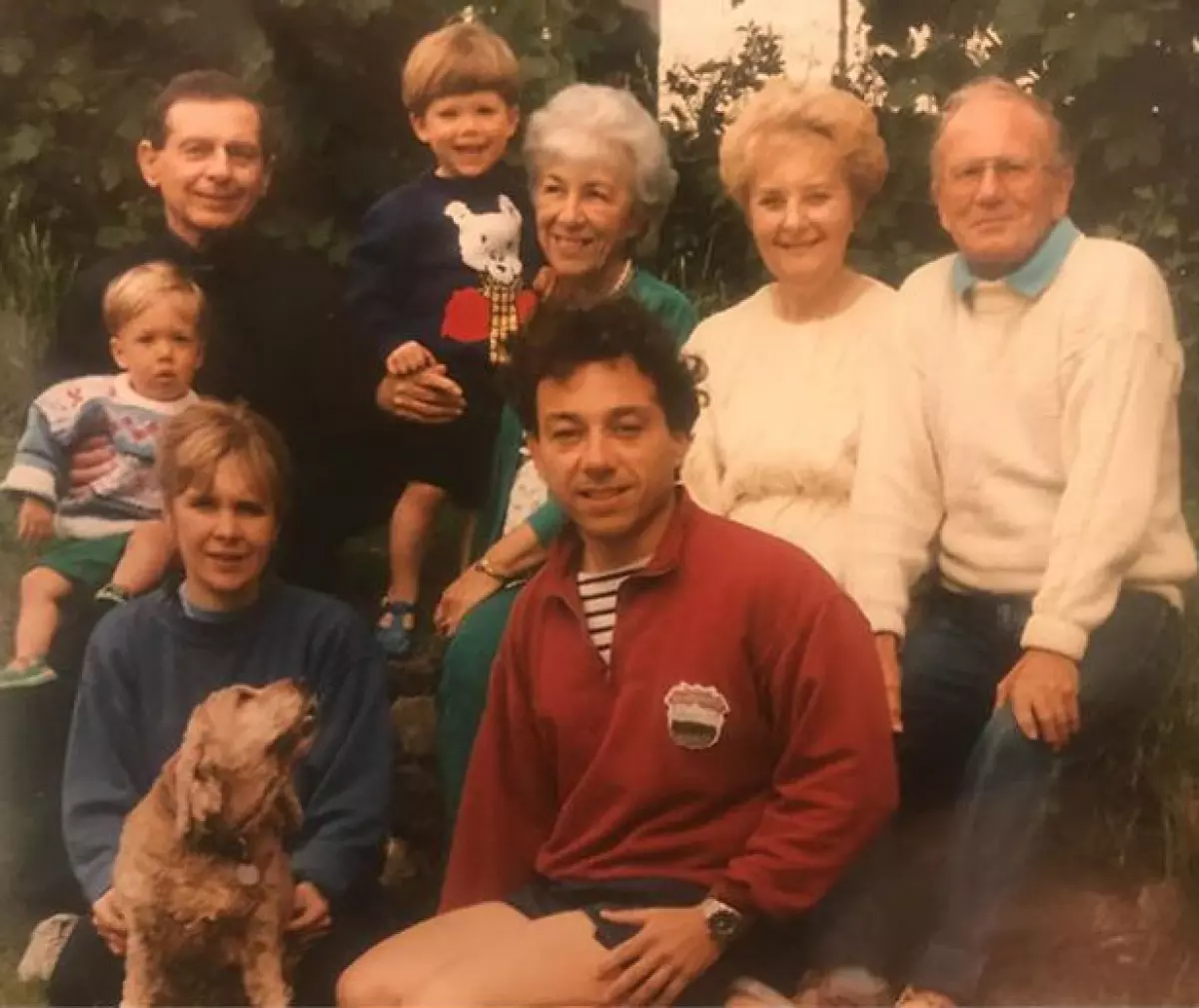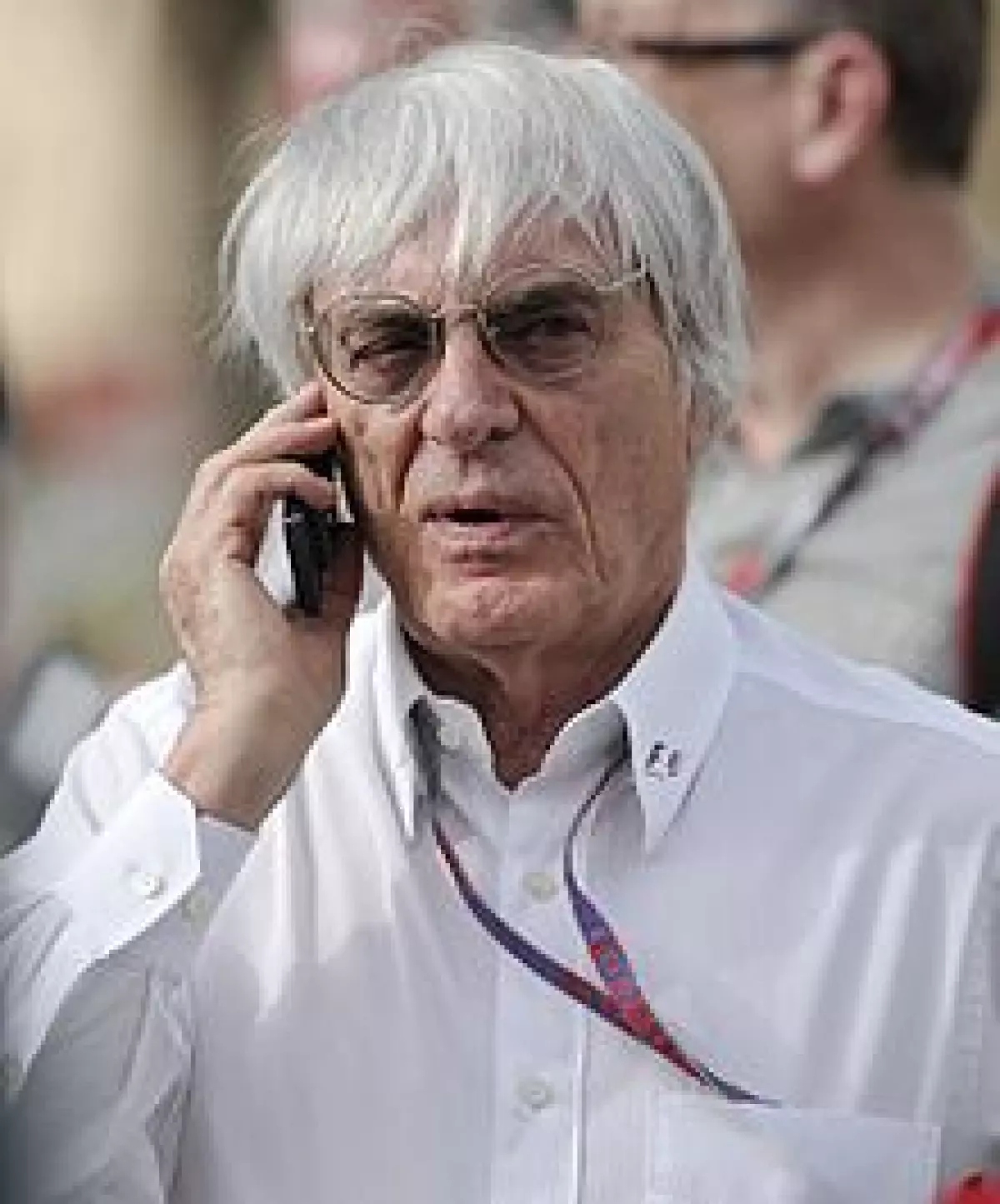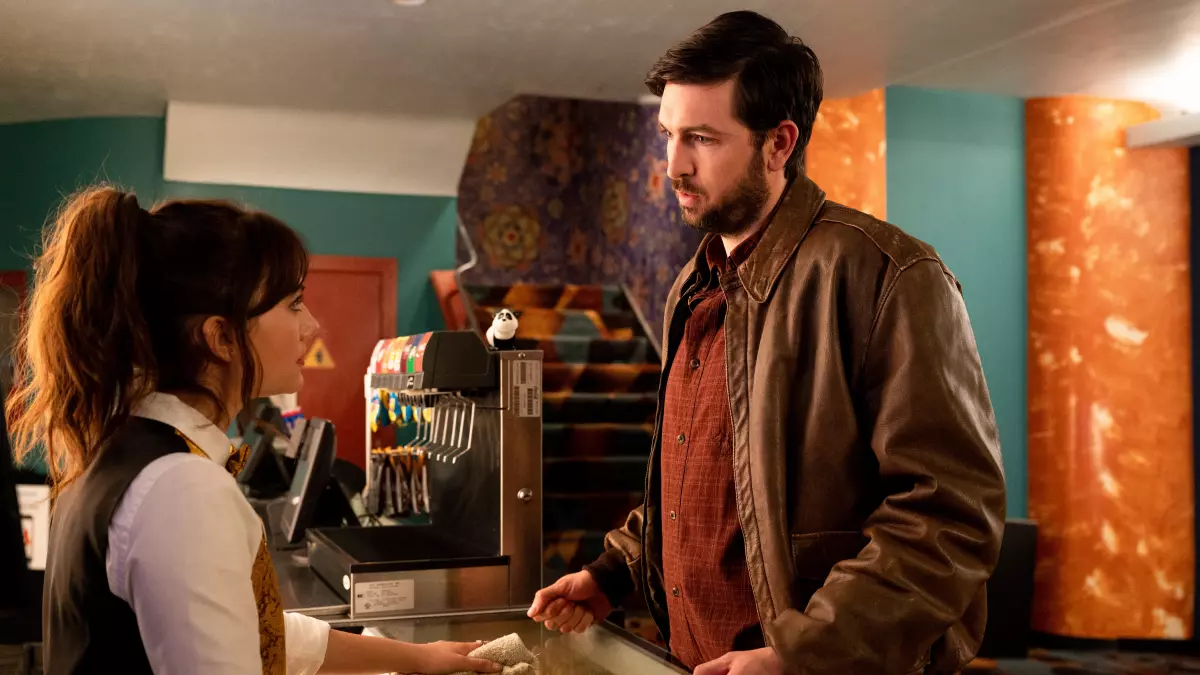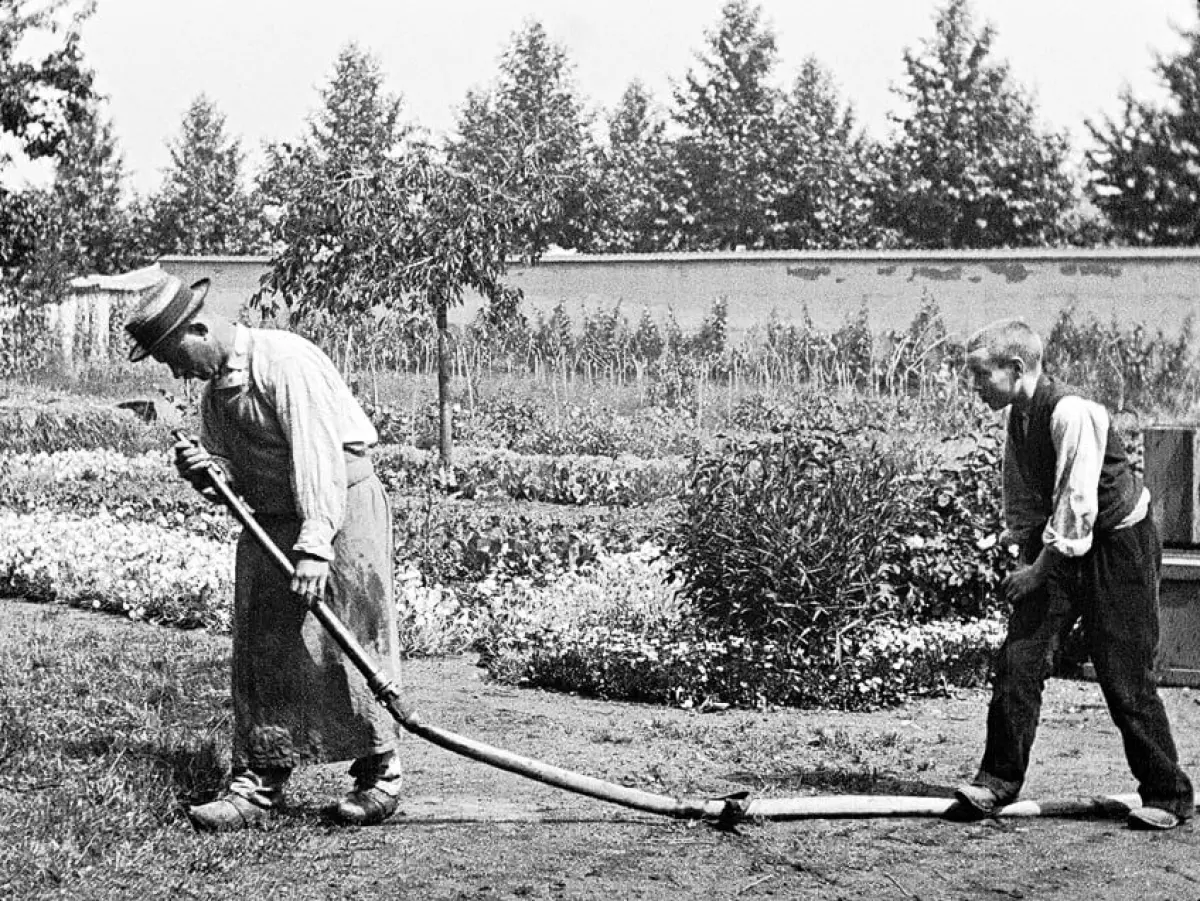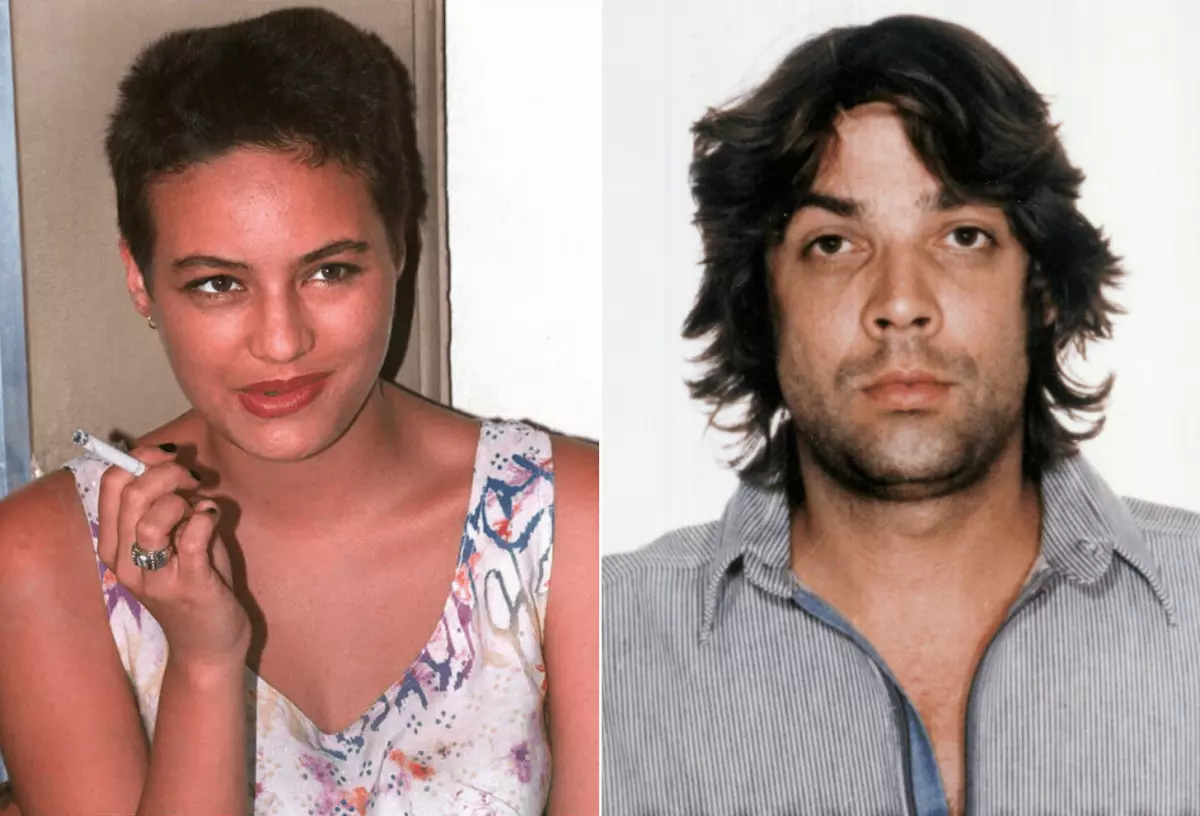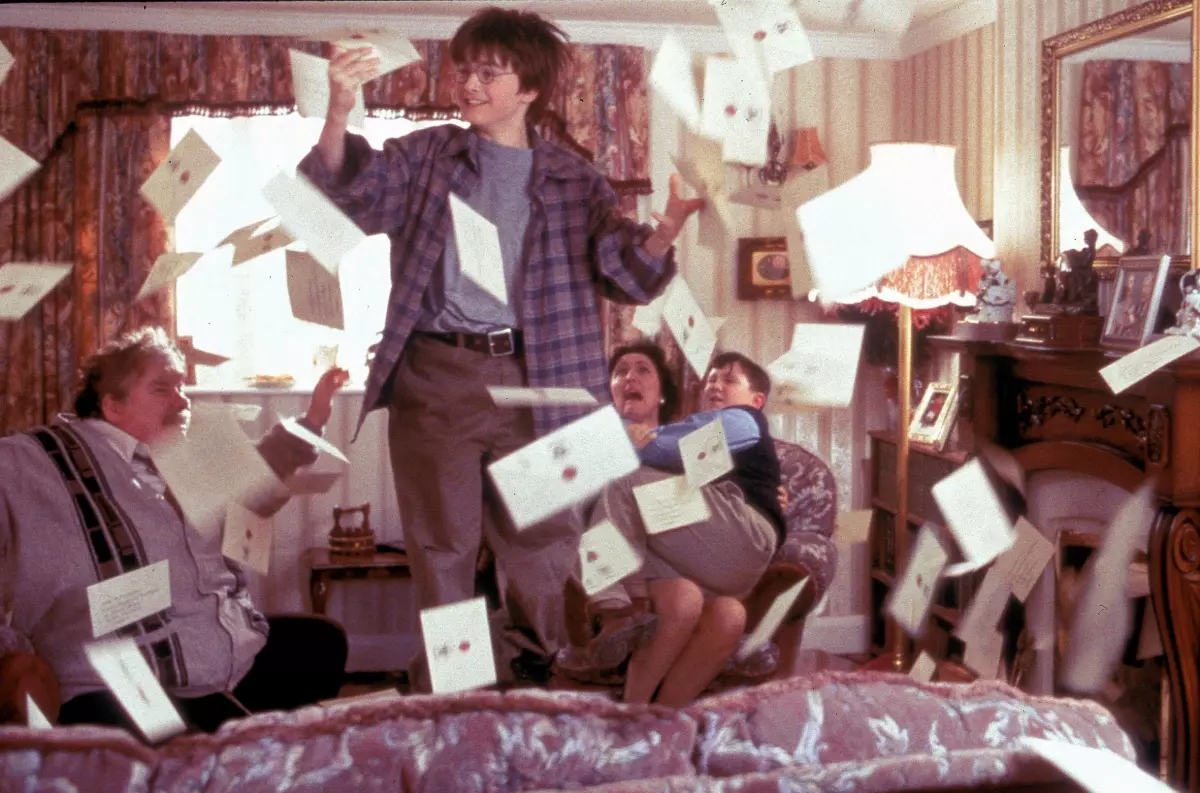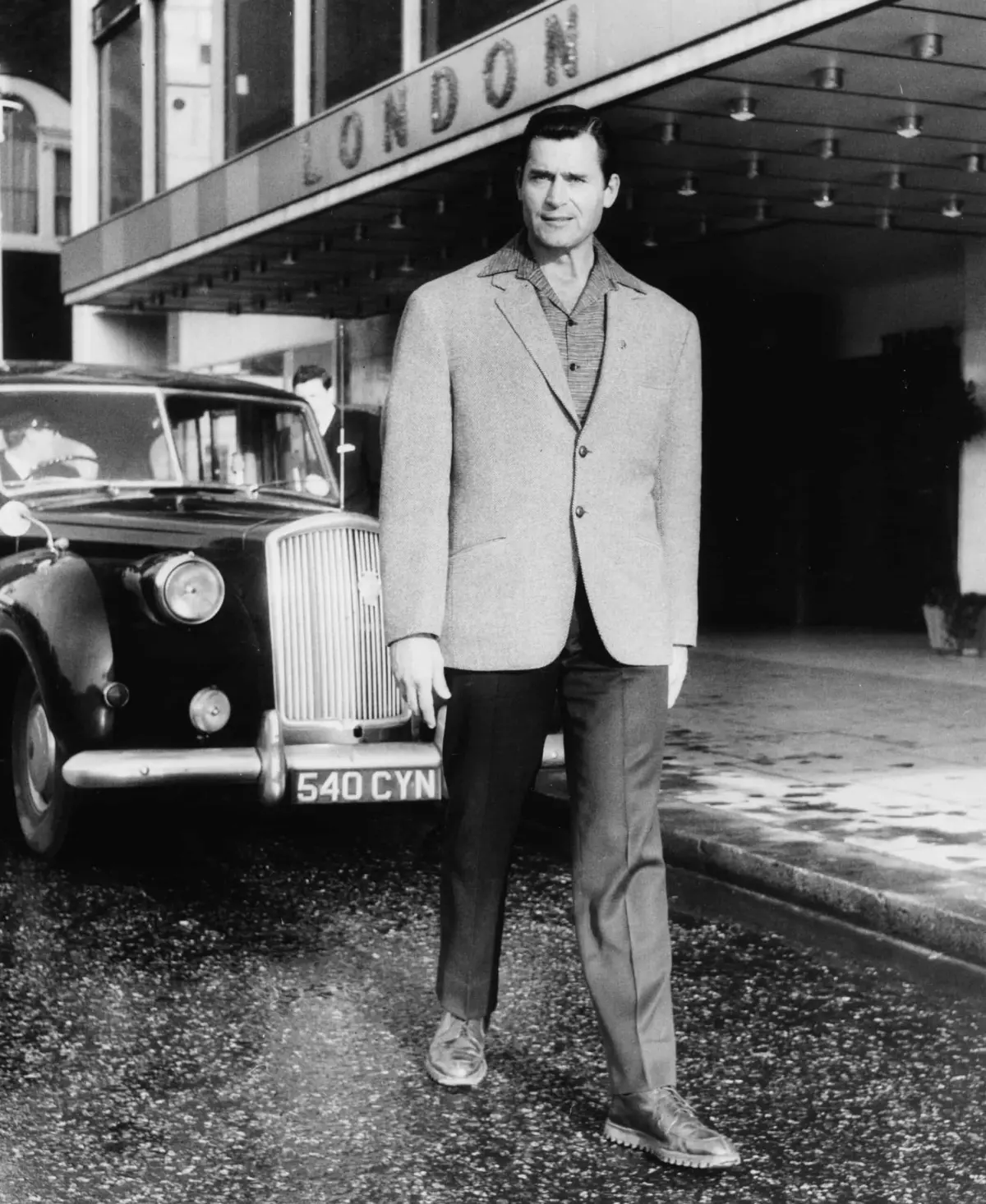 (Photo by Roger Jackson/Central Press/Getty Images)
(Photo by Roger Jackson/Central Press/Getty Images)
Clint Walker, renowned for his role as the iconic sheriff in the Western series Cheyenne, held a deep bond with his family, particularly his twin sister, Lucy Walker. While Clint basked in the limelight of the silver screen, Lucy led a quieter life away from the public eye. Join us as we delve into the captivating story of Clint Walker's twin sister and uncover the hidden details that shaped their lives.
The Quiet Life of Clint Walker's Twin Sister
Clint Walker's twin sister, Neoma Lucille “Lucy” Walker Westbrook, peacefully passed away at her home in 2000, at the age of 73. Born on May 30th, 1927, Clint and Lucy embarked on remarkably different paths. While Clint carved his legacy as one of the toughest cowboys in the wild west, Lucy delved into the realms of artistry, motherhood, and education, dedicating herself to nurturing her three children while imparting knowledge to the local community.
Lucy surprised the world when she welcomed a set of twins, Paul Westbrook Jr. and Paulette Westbrook, after her marriage to her high school sweetheart, Paul Westbrook, in 1949. Their unexpected arrival caught even the doctor off guard. Seven years later, the Westbrook family joyfully welcomed their youngest, Kenton Westbrook.
Driven by their shared passion for a healthy lifestyle, Lucy and Paul collaborated to open Paul’s Natural Foods in 1959, the second health food store in all of Illinois. They took the opportunity to dispel misconceptions about health food by offering free samples of nutritious snacks like sunflower seeds, challenging the notion that healthy eating equated to "bird food." The Westbrooks successfully ran the store for nearly five decades before retiring.
Clint Walker's Legacy and Final Days
Clint Walker bid farewell to this world on May 21st, 2018, at the age of 90, succumbing to congestive heart failure. This condition arises when the heart struggles to adequately pump blood, causing fluid buildup in the lungs and leading to shortness of breath. Although originally from Illinois, Clint made California his home, eventually settling in Grass Valley, approximately 60 miles northeast of Sacramento.
Remarkably, Clint's life almost ended in 1973 during a skiing mishap that resulted in one of his ski poles piercing his heart. Following a year-long recovery, he resumed his acting career, starring in Kodiak. While Cheyenne had enjoyed enormous success, Kodiak failed to attain the same level of praise, with one critic likening the show to "watching a large block of polluted ice."
Beyond his towering presence as one of Hollywood's tallest Western stars, Clint Walker was widely admired for his kindness and generosity, mirroring his beloved character, Cheyenne Bodie. Serendipity played a role in landing him the role in the first place. On his way to audition for Cheyenne, Walker stopped to assist a woman with a flat tire. Unbeknownst to him, she happened to be a secretary for the show. Despite his nervousness upon arrival, Walker's act of kindness had not gone unnoticed, and he quickly secured the role.
The Contract Dispute and Cheyenne's Fate
Clint Walker's departure from the hit show Cheyenne can be attributed to a contract dispute between the actor and Warner Bros. Studios. During the early years of Hollywood, actors faced stringent contractual agreements that restricted their involvement beyond acting. Walker's Warner Bros. contract required him to allocate 50% of his personal appearance fees to the studio and compelled him to record music exclusively under their label, thus quelling his dreams of becoming a singer.
Growing weary of the demands and lack of support from Warner Bros., Walker yearned for more freedom in his career choices, including the liberty to collaborate with any music label. Refusing to appear on Cheyenne until his terms were met, Walker held his ground. Initially, Warner Bros. Studio balked at his demands and decided to continue the show without its lead star.
However, they soon realized that the show's success hinged on Clint Walker's portrayal of Cheyenne Bodie. The absence of their beloved star left fans bewildered, causing a significant decline in interest. Sensing the gravity of the situation, Warner Bros. ultimately relented, dropping the personal appearance fee cut and music recording restrictions to secure Walker's return.
Cheyenne played a pivotal role in Warner Bros.' early success, serving as the studio's first original show and its longest-running Western series among the array of Western productions at the time. This iconic show bolstered Walker's fortune, earning him millions over his lifetime.
Clint Walker's Love Life and Offscreen Relationships
Clint Walker experienced three marriages throughout his life. His first wife, Verna Garver, tied the knot when both were just 21 years old, a few years before Walker's Cheyenne breakthrough. After 20 years of marriage and welcoming a daughter, the couple divorced in 1968, with the reason behind their separation remaining undisclosed. It was Verna Garver's support and belief in Clint's potential that encouraged him to pursue an acting career. Recognizing his remarkable stature and good looks, she convinced him to try his luck in Hollywood, setting him on the path to success.
In 1974, Clint Walker married Giselle Hennessy, and together they enjoyed two decades of marital bliss. Unfortunately, tragedy struck in 1994 when Giselle Hennessy lost her battle with cancer. After a period of grieving, Walker opened his heart to love once again and married Susan Cavallari. Much like his previous wives, Susan Cavallari preferred to maintain a private life away from the public eye.
The Legacy of Clint Walker's Movies
Clint Walker's illustrious acting career spanned numerous films, serving as the foundation on which his success was built. His first credited role came in 1956 as a Sardinian Captain in Cecil B. DeMille's The Ten Commandments, a pivotal opportunity that propelled him into the spotlight and ultimately led to his portrayal of Cheyenne. Walker reprised his role in several films and television shows, including The Outlanders, Border Showdown, The Gambler Returns: The Luck of the Draw, Maverick, and Kung Fu: The Legend Continues.
In 1958, Walker starred alongside Virginia Mayo, Brian Keith, and Russ Conway in Fort Dobbs, playing the cowboy Gar Davis. The following year, he took on the lead role of trapper Luther “Yellowstone” Kelly in Yellowstone Kelly. After a two-year hiatus, Walker returned to the silver screen in 1961 as Jim Rainbolt in Gold of the Seven Saints. In 1964, he appeared in Send Me No Flowers alongside Rock Hudson and Doris Day, and a year later, he had the privilege of working with Frank Sinatra, Charles Bronson, and Jim Brown in None but the Brave.
Clint Walker's Proud Fatherhood
Clint Walker was the proud father of a daughter, Valerie Walker, from his first marriage to Verna Garver. Born in 1950, Valerie inherited her father's adventurous spirit and strong work ethic. The father-daughter duo bonded over outdoor activities like hiking, forging a close relationship. Valerie defied societal expectations and became one of the first female commercial airline pilots, earning her place in history when she joined Western Airlines in 1976 as a member of the pioneering class of female pilots.
Unable to join the Air Force due to their non-acceptance of female pilots at the time, Valerie pursued her passion for aviation in the commercial sector. Furthermore, Valerie dedicated herself to martial arts for 35 years, preparing for any potential opportunity to serve in the military. After the tragic events of 9/11, Valerie played a crucial role as one of the 40 pilots selected as Federal Flight Deck Officers. She advocated for basic martial arts briefings for flight crews to enhance their preparedness in the face of potential threats. While some criticized her idea, Valerie remained committed to her mission.
Following a successful career with Delta Airlines, Valerie Walker retired and rekindled her passion for martial arts. She holds a first-degree black belt in Kenpo Karate and continues her studies in Wing Aikido, Jiu-Jitsu, Chun, Hapkido, and Kendo.
The End of Cheyenne: A Tale of Repetition and Dissatisfaction
Cheyenne met its demise due to the repetitious and indistinguishable storylines that left actors, viewers, and the production team seeking new horizons. Clint Walker himself voiced his disdain for the television industry after experiencing the artistic freedom afforded by film. The show faced turbulent times after Walker walked away in a contract dispute, ultimately boycotting the series.
Rather than canceling Cheyenne, Warner Bros. Studios introduced Ty Hardin as Bronco Layne for the 1958-1959 season, merging the two shows due to their remarkable similarities. However, loyal fans of Cheyenne expressed confusion and disappointment, as the change in lead star and character altered the show's dynamic. Recognizing the show's decline in popularity, Warner Bros. approached Clint Walker with revised terms, leading to his eventual return.
During the 1959-1960 season, the show rebranded as The Cheyenne Show, allowing Warner Bros. to amalgamate Cheyenne, Bronco, and Sugarfoot. Despite a better contract, Walker still found himself dissatisfied, feeling trapped and devoid of creativity. He likened the combined shows to "a dead-end street," and the increasing sameness made it challenging to discern the series and care about its direction.
Clint Walker's unparalleled contribution to the Western genre and his captivating portrayal of Cheyenne Bodie will forever be etched in the annals of television history.
NEXT: Who Makes Glacier Bay Toilets? (Explained)








